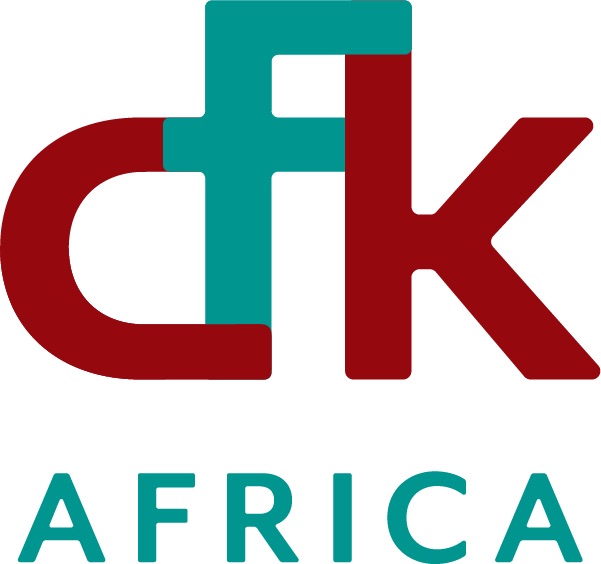Written by Ann Kungu and Hannah Bain.
According to the WHO/UNICEF Joint Monitoring Program, approximately two in five schools worldwide lacked access to basic hand washing facilities with soap and water prior to the COVID-19 pandemic. Even schools that do have functioning hand washing facilities often face challenges concerning water quality. This is especially true for schools in informal settlements.
Lack of clean water poses challenges for students’ health and education, causing interruptions in attendance when students are sick. The risks can also cascade to households, as a number of schools serve as water points for households in their vicinity.
The UN recognizes the human right to water and sanitation and acknowledges clean drinking water and sanitation as an essential step in realizing all human rights. This belief is also central to CFK Africa’s water, sanitation, and hygiene (WaSH) projects. Regular water quality testing is key in achieving clean water and sanitation for all, as it serves as the basis to inform chlorination and water system management within schools and other public institutions such as health facilities.
Last year, we conducted water quality tests in partnership with Washington State University and the CDC-Kenya across 11 schools sampled from the 35 schools we work with in four of Nairobi’s informal settlements: Kibera, Mukuru, Viwandani, and Mathare, which are drawn from four sub-counties. Our team tested the quality of water from three key points: hand washing station water, drinking water, and the source water that supplies the hand washing and drinking stations.


Results from the 46 water points (taps) in these 11 schools indicated that the majority of the water points within schools had contaminated water. Eighty-five percent (85%) of the stations did not have detectable chlorine, making these water sources susceptible to contamination. Of these water points, 90% tested positive for coliform and 45% tested positive for E-coli. Coliform is a bacterium that is always present in the digestive tracts of animals, including humans, and is found in their waste. E.coli are a type of bacteria that is a fecal coliform. Coliform E. coli can cause diarrhea, urinary tract infections, respiratory illness and pneumonia, and other illnesses depending on the type of coliform and length of exposure without treatment.
Using Data to Inspire Action
At CFK Africa, our program responses are informed by data drawn from either assessments or research. This ensures that program responses have tangible and documented impacts in the communities we serve and allows us to share actionable knowledge with our partners.
Earlier this year, we held a multi-sectoral meeting between stakeholders in government (The Ministry of Health and Education), schools, and research institutions to disseminate our findings, raise awareness of the state of water quality, and facilitate the government in developing response plans to address contaminated water within the schools. Water quality is a key indicator for both health and education, and findings from this assessment required a collaborative response, as the schools sampled are high-volume, with each holding a population of 1,500 to 4,000 students.


The representatives of the various sectors developed sub-county specific response plans that will not only serve schools sampled but all schools within the four areas. As an emergency response for the 11 schools sampled, the public health officers and teachers decided to institute a mass disinfection and chlorination of all water storages within the schools. The teams noted that key actions moving forward should include continuous chlorination of water sources and regular testing to monitor water quality, ensuring that all schools can be confident that their water is safe for hand washing and drinking.


“At CFK Africa, the issues we are seeking to solve are complex and require collaboration between many different groups,” said Ann Kungu, CFK’s partnerships manager. “When we come together, we maximize the potential for impact, ensuring that efforts are not being duplicated and drawing on each other’s strengths and expertise to improve lives for thousands more living in informal settlements.”
With your help, we can make sure that every student, teacher, and f
